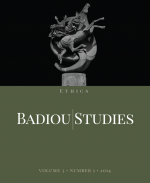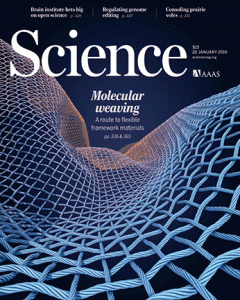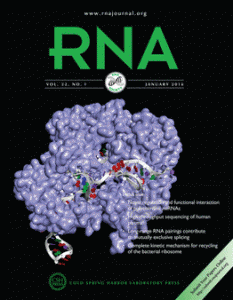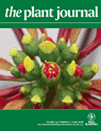 We have found another correction for high-profile plant scientist Olivier Voinnet, bringing his total count to 22. Voinnet, who works at ETH Zurich, also has seven retractions, a funding ban, and a revoked award.
We have found another correction for high-profile plant scientist Olivier Voinnet, bringing his total count to 22. Voinnet, who works at ETH Zurich, also has seven retractions, a funding ban, and a revoked award.
Voinnet’s most recent corrections involve problems with figures; the same issue is cited in this latest correction notice, for “Competition for XPO5 binding between Dicer mRNA, pre-miRNA and viral RNA regulates human Dicer levels.”
The correction notice in Nature Structural & Molecular Biology, issued earlier this year, explains:
Continue reading Plant scientist Voinnet’s correction count grows to 22
 A philosophy journal that focuses on the teachings of philosopher
A philosophy journal that focuses on the teachings of philosopher 







